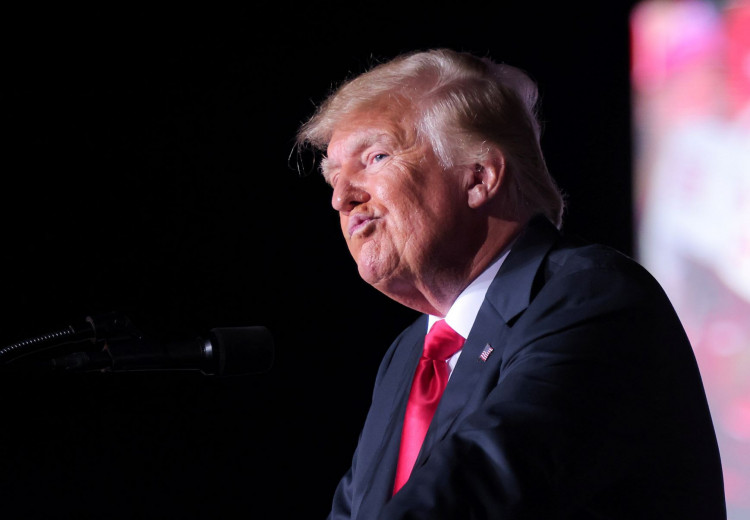A federal judge has ordered the Trump administration to lift its freeze on U.S. foreign aid funding, citing the economic disruption caused by the sudden suspension of payments to contractors, suppliers, and nonprofit organizations. The ruling, issued late Thursday by U.S. District Judge Amir H. Ali, requires the administration to notify all affected organizations and demonstrate compliance by Tuesday.
The decision marks the first successful legal challenge to the administration's move, which halted payments for thousands of U.S. Agency for International Development (USAID) programs worldwide. The funding freeze, in place for three weeks, has drawn lawsuits from aid organizations, government suppliers, and advocacy groups seeking to reverse what they describe as an abrupt and unjustified policy shift.
The Trump administration has defended the decision as necessary to conduct a comprehensive review of USAID programs and determine which should be eliminated. However, Judge Ali criticized officials for failing to provide a "rational reason" for suspending all congressionally approved foreign aid funding at once. "They have not offered any explanation for why a blanket suspension, which set off a shockwave and upended" existing contracts, was necessary before reviewing individual programs, he wrote in his ruling.
The funding freeze has had widespread effects on U.S. contractors, international aid groups, and foreign suppliers. Farmers and logistics companies have reported losses due to undelivered food aid rotting at ports, while nonprofit organizations warn of disruptions to critical health and development programs abroad. The Global Health Council and the AIDS Vaccine Advocacy Coalition, which brought the lawsuit, argued that the funding halt threatened essential global health initiatives.
Despite claims from the Trump administration that waivers were available to allow some funding to continue, Judge Ali found no evidence that such a system existed. He also noted that USAID's online payment system had become nonfunctional, further complicating the situation for organizations reliant on federal funding.
The ruling also blocks Secretary of State Marco Rubio and other administration officials from enforcing stop-work orders issued to organizations involved in foreign aid projects. The administration has not publicly responded to the court order.
USAID, established in 1961 under the Kennedy administration, operates as an independent agency but works closely with the State Department in allocating civilian foreign aid. Secretary Rubio indicated in a letter to bipartisan lawmakers earlier this month that USAID could be abolished as part of an ongoing reorganization.
In a separate case, U.S. District Judge Carl Nichols extended a temporary block on a Trump administration directive that would reduce USAID staffing worldwide. During the hearing, Nichols questioned how the government planned to ensure the safety of aid workers in conflict zones, particularly after USAID staff in the Democratic Republic of Congo testified about being left stranded during recent political violence.






